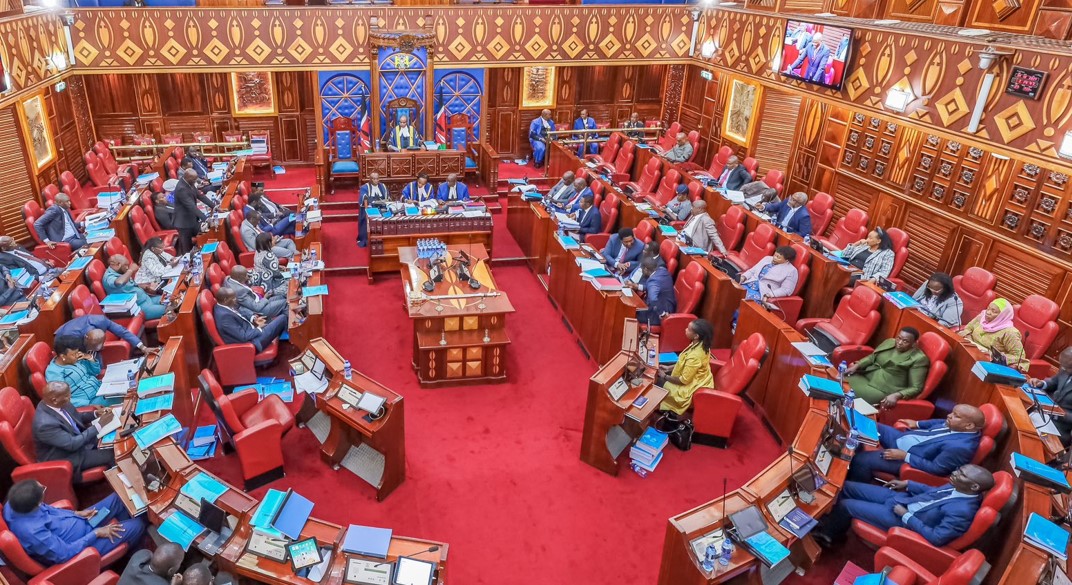CUE mulling student admission quotas to fix graduate unemployment crisis

Under the proposal, CUE would be empowered to set quotas for specific programmes that produce the highest number of unemployed graduates, particularly in the social sciences.
Kenya’s university regulator is weighing a new policy that would restrict student admissions to certain degree courses in a bid to reduce graduate unemployment and align education with labour market needs.
The Commission for University Education (CUE) says the move would help address the growing disconnect between academic training and available job opportunities, which has left many young graduates frustrated.
More To Read
- New Bill proposes 80 per cent Kenyan workforce in foreign firms
- Study finds Kenya’s unpaid household labour worth Sh2.5 trillion annually
- Only 4 per cent of public institutions meet disability hiring quota - survey
- President Ruto urges global unity to fight poverty, inequality at Doha summit
- Side hustles gain ground as stagnant salaries push youth to rethink work
- PSC, KNEC roll out digital checks to tackle fake certificates in civil service
Under the proposal, CUE would be empowered to set quotas for specific programmes that produce the highest number of unemployed graduates, particularly in the social sciences.
The regulator believes that limiting enrolment in such fields will push institutions and students to consider alternatives that are more relevant to the country’s economic demands.
“Some universities are offering courses that are no longer market-driven, and that is one of the reasons CUE has intensified its monitoring of university curricula,” said CUE Chief Executive Prof Mike Kuria when he appeared before the National Assembly Committee on Education during an inspection visit.
He explained that while the commission continues to urge institutions to offer courses that match changing trends, it faces difficulties keeping pace with shifting labour market demands.
MPs criticised the commission’s current regulatory approach, which they argued focuses only on approving courses submitted by universities rather than guiding them on what the economy needs.
“The commission is still operating as the traditional CUE that only accredits courses brought before it, instead of advising universities on what the market demands,” said committee chairperson and Tinderet MP Julius Melly.
He said the regulator must rethink its role and offer leadership in shaping university education to meet national priorities. Melly also faulted CUE’s Strategic Plan for 2024–2028, saying it fails to address the country’s changing economic and employment landscape.
“Your strategic plan does not respond to the shifting dynamics of the labour market. CUE is supposed to inform society of the direction we are taking, based on demand,” Melly said.
Kitutu Masaba MP Clive Gisairo backed the idea of introducing admission caps for courses with limited employment prospects.
“Why doesn’t CUE become proactive, study the market and give each university a quota on the number of students it can enrol in courses like education or other social sciences?” he asked.
He pointed out that some public universities admit more than 300 students per class in fields where opportunities are scarce, leaving many graduates struggling.
Limiting enrolment is expected to encourage students to explore other areas where demand is growing.
Baringo North MP Joseph Makilap added that universities must update both course content and teaching capacity.
Kuria acknowledged the concerns, admitting that some institutions continue to run outdated programmes that do not match current job realities.
Top Stories Today














































